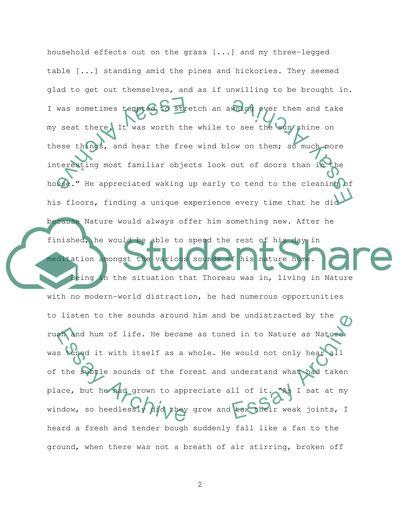Cite this document
(“Thoreaus Ideas of Sound Essay Example | Topics and Well Written Essays - 1500 words”, n.d.)
Thoreaus Ideas of Sound Essay Example | Topics and Well Written Essays - 1500 words. Retrieved from https://studentshare.org/engineering-and-construction/1571353-describe-thoreaus-ideas-about-sound-in-the-sounds-section-of-walden
Thoreaus Ideas of Sound Essay Example | Topics and Well Written Essays - 1500 words. Retrieved from https://studentshare.org/engineering-and-construction/1571353-describe-thoreaus-ideas-about-sound-in-the-sounds-section-of-walden
(Thoreaus Ideas of Sound Essay Example | Topics and Well Written Essays - 1500 Words)
Thoreaus Ideas of Sound Essay Example | Topics and Well Written Essays - 1500 Words. https://studentshare.org/engineering-and-construction/1571353-describe-thoreaus-ideas-about-sound-in-the-sounds-section-of-walden.
Thoreaus Ideas of Sound Essay Example | Topics and Well Written Essays - 1500 Words. https://studentshare.org/engineering-and-construction/1571353-describe-thoreaus-ideas-about-sound-in-the-sounds-section-of-walden.
“Thoreaus Ideas of Sound Essay Example | Topics and Well Written Essays - 1500 Words”, n.d. https://studentshare.org/engineering-and-construction/1571353-describe-thoreaus-ideas-about-sound-in-the-sounds-section-of-walden.


